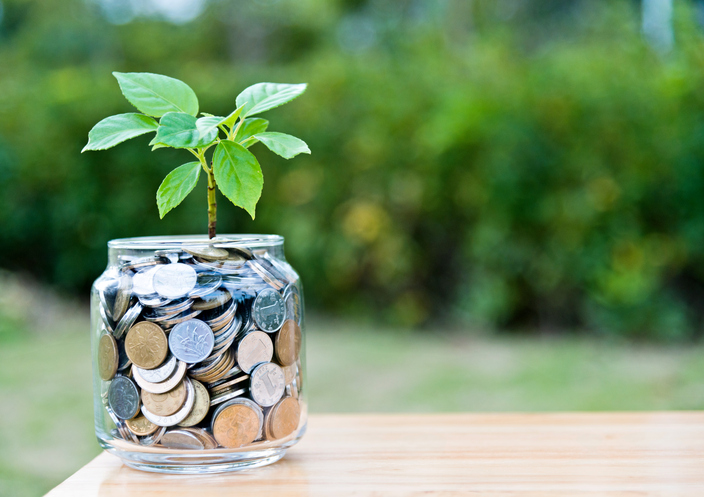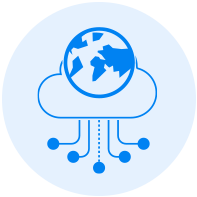
The Intersection of Alternative Credit and Chinese Fintechs
Urjanet Inc | July 31, 2017 | Credit & Lending
Consider the following. Only 300 million entries exist in China’s centralised credit scoring database. That means only 22 percent of China’s 1.38 billion population has any record of credit history; the remaining 78 percent have zero credit history, making them, in Western standards, “underbanked” or “unscorable.” Chinese fintech companies are racing to fill this gap by providing alternative credit to the unscorable through alternative data.
Spending is steadily increasing in China, but credit card use per capita has declined from 34 percent in 2014 to 29 percent by the end of 2015, according to the People’s Bank of China. Meanwhile, mobile payment users grew by 65 percent.
China Rapid Finance (CRF), China’s largest consumer lending marketplace by number of loans facilitated, defines their target users as EMMAs (emerging middle-class mobile active consumers) that are “typically young people aged 23-to-29-years old, urban, employed, well-educated and heavy smartphone users.” Internet giants, including Alibaba, have focused their efforts on capturing this particular target user with alternative credit options.
Alipay, the ePayment division of the Chinese Alibaba Group Holding Ltd launched its consumer financing option Hua Bei back in 2014, offering small credit loans to shoppers. Last May, Alipay surpassed cash to become the most frequently used form of payment. ZhiMa Credit or Sesame Credit, also part of Alibaba and one of the most popular platforms with 260 million users, scores people depending on their shopping behaviors on Taobao, the Chinese equivalent of eBay.
Internet giants are not the only ones jumping into the recent trend providing Chinese underscored consumers with alternative credit scoring and borrowing. A new generation of startup firms like Samoyed Financial, a Chinese online credit card issuer, is on the cutting edge of consumer lending. They have wised up from the mistakes of the first Chinese fintech firms, avoiding the pitfalls of failing to identify their borrowers, cash flow restraints, and outright fraud. Samoyed Financial offers prime consumer credit cards online at below-market interest rates and relies on their own data, taken with consent from consumer’s phone records and online behavior to build a credit risk model.
Check out our eBook to learn more about cutting-edge approaches to credit scoring.
Over the last decade, China has leapfrogged from a cash-based society to one where mobile payments are common currency, in the process skipping the adoption of credit cards, savings accounts and other consumer financial products common in Western countries. The result is a population that is smartphone-savvy but still largely unbanked, without the necessary credit history to access traditional small business or personal loans. This has introduced an expansive market for alternative lenders, ripe for the taking.
Meanwhile, approximately 45 million Americans lack traditional credit files. The federal government is looking into incorporating alternative credit lending models to serve these underbanked consumers, but change has been slow in coming. Unbanked and underbanked Americans face the same issues as those in China, with one important distinction. Alternative lenders and credit bureaus in the states have access to much more reliable and verifiable information in the form of utility data. It remains to be seen how the Chinese market will provide a definitive answer to the question of the unscorable, but the untapped potential in both China and the U.S. is enormous.
We break down how utility data can help expand credit to untapped markets in our eBook, It’s Time To Rethink Credit Scoring.
Related Resources:
- Alternative Credit Scoring
- Top Takeaways from FICO Study on Alternative Credit Scoring
- SPARK 2017 Recap: The Infinite Possibilities of Alternative Data
If you like what you’re reading, why not subscribe?
About Urjanet Inc
Urjanet, the global leader in utility data aggregation, simplifies how organizations access and use utility data, enabling them to focus on their business. Our technology collects, processes, and delivers data from over 6,500 electric, natural gas, water, waste, telecom, and cable utilities worldwide.
